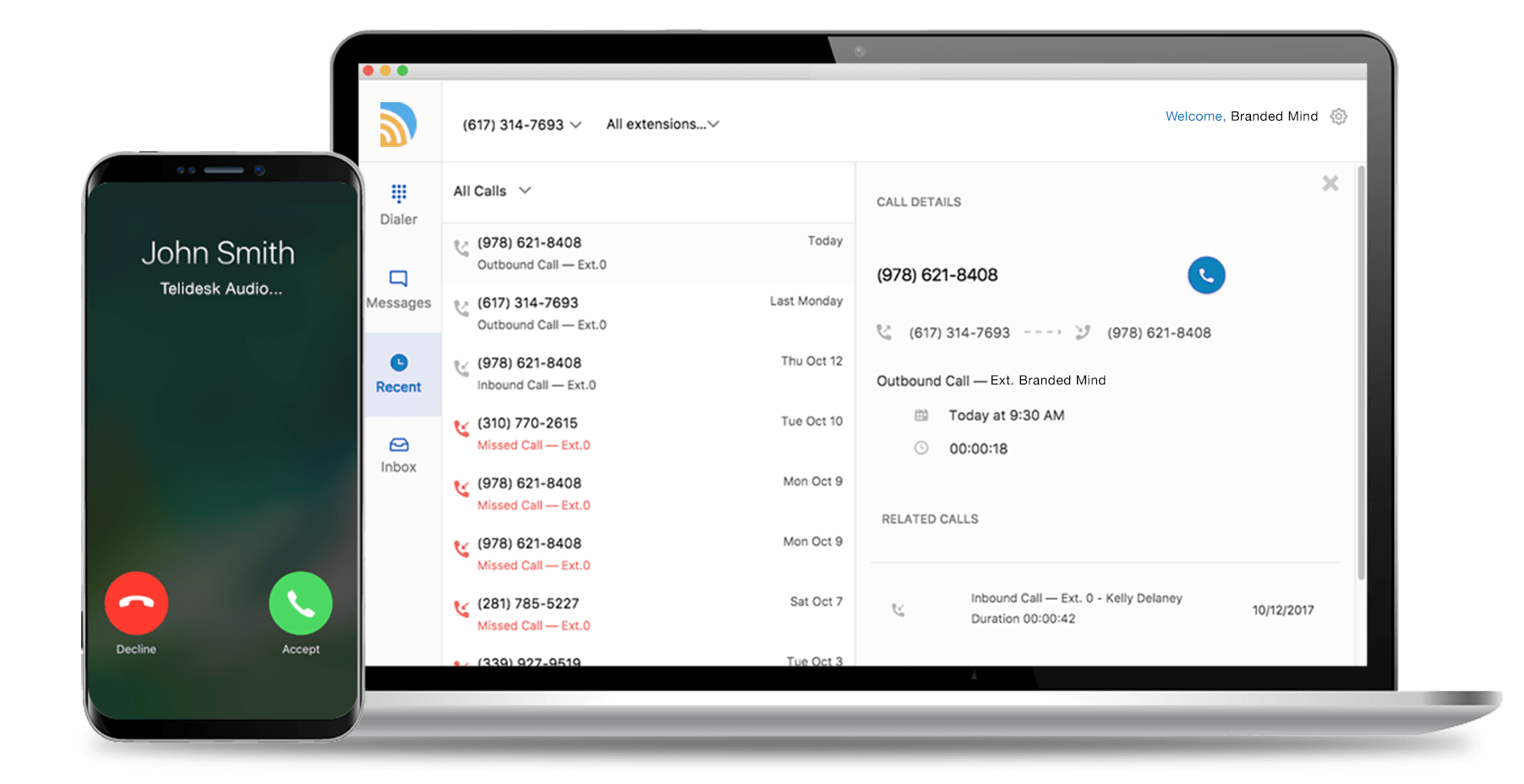Unlocking Insights, Elevating Service: Your Business's Voice, Captured for Success.
Recording business phone calls can offer several merits and contribute to various aspects of improving business processes. Here are some advantages of recording business phone calls and steps a business can take to leverage this practice:
Merits of Recording Business Phone Calls:
- Quality Assurance:
- Merit: Call recordings provide a valuable tool for monitoring and ensuring the quality of customer interactions.
- Application: Businesses can review recorded calls to assess the professionalism, accuracy, and effectiveness of their customer service representatives.
- Training and Development:
- Merit: Recorded calls serve as valuable training materials for new employees or ongoing development for existing staff.
- Application: Managers can use recorded calls to identify areas for improvement, conduct targeted training sessions, and share best practices.
- Dispute Resolution:
- Merit: Call recordings can be used as evidence in case of disputes or misunderstandings.
- Application: Having a record of conversations can help resolve customer complaints, disputes, or discrepancies by referring to the actual conversation.
- Regulatory Compliance:
- Merit: Certain industries and jurisdictions may have regulatory requirements for call recording.
- Application: Recording calls ensures that the business complies with legal and industry regulations, providing documentation in case of audits or investigations.
- Customer Feedback and Insights:
- Merit: Analyzing customer interactions through call recordings can provide valuable insights into customer needs, preferences, and feedback.
- Application: Businesses can use these insights to refine their products, services, and overall customer experience.
Steps to Leverage Call Recording for Business Improvement:
- Define Objectives:
- Clearly define the objectives of call recording, whether it's for quality assurance, training, compliance, or other purposes.
- Inform and Obtain Consent:
- Inform callers that their calls may be recorded for specific purposes, and obtain necessary consent in compliance with legal requirements.
- Implement a Call Recording System:
- Invest in a reliable call recording system that integrates with your communication infrastructure. Ensure that it complies with relevant privacy and data protection regulations.
- Establish Recording Policies:
- Develop and communicate clear policies regarding when and why calls will be recorded. Ensure that employees understand the purpose and importance of call recording.
- Regularly Review Recorded Calls:
- Regularly review recorded calls to identify areas for improvement, assess employee performance, and gather insights for business enhancement.
- Training and Coaching:
- Use recorded calls as training materials. Conduct coaching sessions based on actual interactions to improve communication skills and customer service.
- Document Key Findings:
- Document key findings from call reviews and use them to implement changes in business processes, customer service strategies, or employee training programs.
- Data Security and Privacy:
- Implement robust security measures to protect recorded call data. Ensure compliance with data protection regulations and guidelines.
- Integrate with Analytics Tools:
- Integrate call recording data with analytics tools to extract valuable insights and trends. This can aid in strategic decision-making.
- Continuous Improvement:
- Continuously assess the effectiveness of call recording practices and make adjustments as needed to meet evolving business needs.
By following these steps, businesses can effectively leverage call recording to enhance their operations, improve customer satisfaction, and maintain compliance with relevant regulations.

The difference between an IP phone, softphone, WebRTC, and an analog adapter lies in their form and function. An IP phone is a physical device that uses the internet for calls, a softphone is a software application allowing voice and video calls, WebRTC is an open-source project enabling real-time communication within web browsers, and an analog adapter bridges traditional phones to VoIP networks. Each technology offers unique features, from hardware connectivity to software flexibility, catering to diverse communication needs




